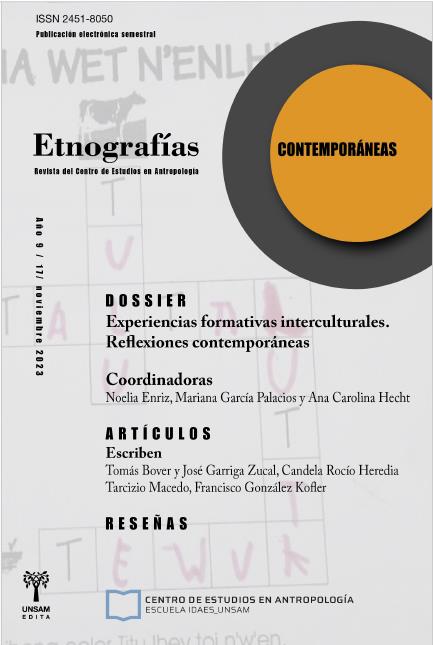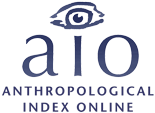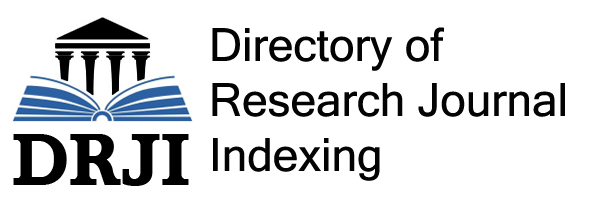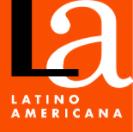Educational practices in the context of Intercultural Bilingual Education
The Provincial Interschool Meeting of Quichua Language and Culture, Department Figueroa (Santiago del Estero) during the COVID-19 pandemic
Keywords:
Teacher training, Intercultural Bilingual Education, educational practices, quichua, COVID-19Abstract
The implementation of public policies related to Intercultural Bilingual Education(IBE) in Santiago del Estero (SdelE) has insufficiently considered the sociolinguistic situation of the province. In this milieu, this article seeks to provide knowledge about the situation of this type of education in the provincial context. To do so, we aim to investigate the educational practices carried out by the teachers of the unique Primary Education Teacher Training with orientation in IBE in SdelE. Specifically, we will focus on the Provincial Inter-school Meeting of Quichua Culture and Language organized by the institution in 2020 and 2021. Methodologically, we draw on the contributions of ethnography using Information and Communication Technologies (ICTs) and the contributions of the anthropology of education. We made records and interviews in virtual and later at the teacher training school. We highlight the socio-educational problems that arose during the COVID-19 pandemic and those that had increased. We also examine the different practices that teachers carried out to respond to them. We conclude by stating that teachers and students in the teacher training school appropriated ICTs and IBE in dialogue with the community, which granted visibility of this type of education on its own terms.
References
Albarracín, L. (2008). Políticas lingüísticas y exclusión: el rol de la Educación Intercultural Bilingüe (EIB) con relación al quechua en Argentina. Primer Simposio sobre Enseñanza de Lenguas Indígenas de América Latina, Indiana University Bloomington, Estados Unidos.
Albarracín, L. (2019). Atoqkunamanta Kwentukuna: cuentos de zorros. Subsecretaría de Cultura de la Provincia de Santiago del Estero.
Aliata, S., Brosky, J., Cantore, A., Enriz, N., García Palacios, M., Golé, C., Hecht, A.C., Medina, M., Padawer, A. y Rodríguez Celín, M.L. (2020). Informe: La Educación Intercultural Bilingüe en Chaco y Misiones frente a la pandemia del COVID-19.
https://www.conicet.gov.ar/wp-content/uploads/Informe-EIB-en-contexto-COVID-19.pdf
Andreani, H. A. (2019). ¿Lengua nativa o Lengua Obrera?. http://www.adilq.com.ar/Andreani05.pdf
Ardèvol, E., Estalella, A., y Domínguez, D. (2008). Introducción. En La mediación tecnológica en la práctica etnográfica (9-29). Ankulegi.
Clifford, J. (1999). Itinerarios transculturales. Gedisa.
Duranti, A. (2000). Antropología Lingüística. Cambridge University Press.
Grosso, J. L. (2008). Indios Muertos, Negros Invisibles. Hegemonía, Identidad y Añoranza. Encuentro Grupo Editor.
Hamel, R. E. (1988). La política del lenguaje y el conflicto interétnico: problemas de investigación sociolingüística. En Orlandi (comp.), Política lingüística en América Latina (41-75). Pontes.
Hecht, Ana Carolina (2019). Derroteros de las lenguas indígenas en la escolarización: la paradoja de la Educación Intercultural Bilingüe y el desplazamiento lingüístico. Pueblos Indígenas y Educación, 66, 49-72.
Hecht, A. C. (2021). Reflexiones (en pandemia) sobre la lengua toba/qom en la Educación Intercultural Bilingüe en Chaco. Revista IRICE, 40, 19-47.
Hine, C. (2004). Etnografía virtual. UOC.
Kroskrity, P. (2004). Language ideologies. En Duranti A. (comps.), A companion to linguistic anthropology (496- 517). Blackwell.
Martínez N. (2022a). El quichua como arena de lucha por la hegemonía de los signos en Santiago del Estero: algunos apuntes desde un estudio de caso. En Martínez N., y Hecht A. C. (comps.), Educar en la diversidad, dedicado a La diversidad lingüística de América Latina a la luz del Decenio Internacional sobre las Lenguas Indígenas (2022-2032) (66-75). CLACSO
Martínez N. (2022b). Retos y horizontes en la formación de maestros/as de la Educación Intercultural Bilingüe en el Departamento Figueroa (Santiago del Estero). Cuadernos del Instituto Nacional de Antropología y Pensamiento Latinoamericano, 31 (2), 53-72.
Muñoz Sedano, A. (2000). Hacia una Educación Intercultural: Enfoques y Modelos. Encounters on education, 1, 81-106.
Padawer, A. (2017). La observación participante y el registro audiovisual: reflexiones desde el trabajo de campo. En Domínguez Mon, A. (comp.), Trabajo de campo etnográfico. Prácticas y Saberes (87-118). Facultad de Filosofía y Letras, Universidad de Buenos Aires.
Rockwell, E. (1996). Keys to Appropriation: Rural Schooling in Mexico. En Levinson, B. A., Foley, D. E., y Holland, D. C. (comps.), The Cultural Production of the Educated Person: Critical Ethnographies of Schooling and Local Practice (301-324). University of New York Press.
Rockwell, E. (2009). La experiencia etnográfica. Historia y cultura en los procesos educativos. Paidós.
Rockwell, E., y Mercado, R. (1988). La práctica docente y la formación de maestros. Investigación en la escuela, 2(4), 65-78.
Trejo, P., Luna, E. y Soria, M. (2014). La Educación Intercultural Bilingüe en Santiago del Estero ¿Mito o realidad?. Revista Uturunku Achachi, 3, 81-100.
Woolard, K. (1998). Introduction: language ideology as a field of inquiry. En Schieffelin, Woolard, y Kroskrity (comps.), Language Ideologies: Practice and Theory (pp. 3-50). Oxford University Press.
























